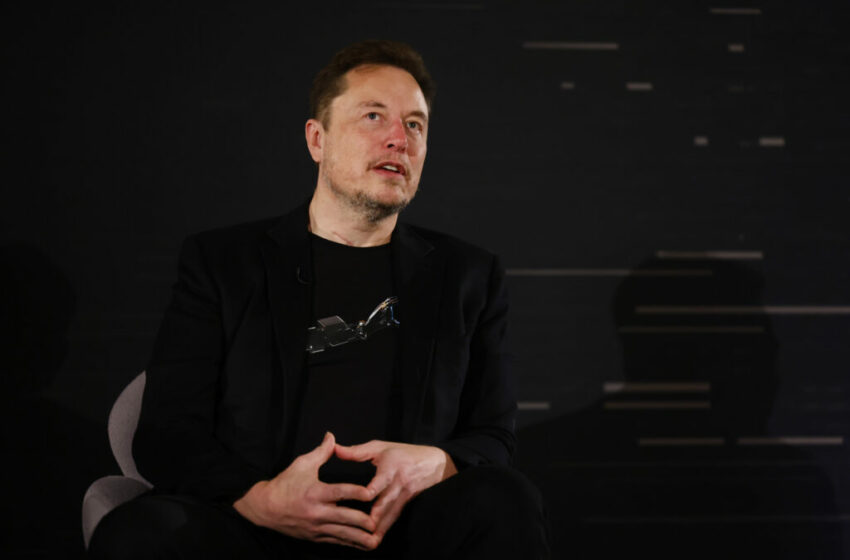
Elon Musk Faces SEC Lawsuit Amidst Trump’s Incoming Administration
He’s the world’s richest person, buddies with President-elect Donald Trump and now faces a fresh US regulatory lawsuit that raises questions about how the incoming administration will handle the case.
Elon Musk’s latest fight with the US Securities and Exchange Commission hinges on a relatively straightforward accusation that the billionaire missed a deadline for disclosing his growing stake in Twitter before he tried to take over the social media platform in 2022. By the agency’s estimate, that cost Twitter shareholders who unwittingly sold too soon more than $150 million.
The Background of the Case
The Twitter case brought Musk back into the SEC’s crosshairs. The regulator in 2022 started probing the billionaire about his stock purchases and why he didn’t promptly make clear how big of a stake he’d acquired before his highly public takeover bid of the company, which has been renamed X.
Musk was supposed to have filed a special form indicating that he’d accumulated at least 5% of the company within 10 days of crossing the threshold. Instead, he submitted a different filing. He then provided the correct form saying he amassed 9% of Twitter shares 11 days after the report was due, according to the agency.
The Impact of Trump’s Nominees on the Case
With Trump’s nominees signalling a different approach to policing markets, how the agency will resolve this one is anything but predictable. Trump may not want one of his top allies to face a high-profile lawsuit, but he also can’t just make it disappear on day one, said John Coffee, a professor at Columbia Law School.
Any decision to dismiss a case would be up to SEC commissioners. Because the case is so new, the agency could drop it without a judge’s involvement, according to federal court rules.
The Potential Consequences of Dropping the Case
The agency sweeping a high-profile case under the rug could have consequences, according to Coffee. “There will be a political interpretation that the Trump administration is protecting Trump’s good buddy,” he said.
Musk has tussled with financial regulators for years, including during Trump’s first term as president. The SEC sued him for securities fraud in 2018 after he tweeted that he had “funding secured” to take electric carmaker Tesla Inc. private, leading to a surge in the company’s shares.
Musk and Tesla settled the case by paying $20 million apiece to the SEC. Musk also had to step down as the company’s chairman.
The SEC claims Musk essentially stockpiled shares at an unfair discount behind the scenes. Once he properly disclosed his purchase, Twitter shares surged 27%. The regulator also alleged that Musk was in possession of material nonpublic information while amassing Twitter shares, but it didn’t accuse him of insider trading.
“They could have charged it in other ways that are much more controversial,” said Sandra Hanna, a partner at Steptoe. “It’s a smartly charged case that would be difficult to turn back on.”
Musk’s attorney, Alex Spiro, accused the SEC of pursuing “ticky tak” violations that ordinarily carry nominal penalties. Musk “has done nothing wrong and everyone sees this sham for what it is,” the lawyer said in a statement Tuesday.
SEC attorneys in December asked Musk to pay more than $200 million to settle the allegations, according to a letter by his lawyers sent to the agency last month and reviewed by Bloomberg News.
Last year, Alphabet Inc. paid $750,000 to settle allegations that it failed to file timely reports and was one of almost two dozen firms and individuals that got cited in a September sweep for not submitting proper reports about their holdings and transactions.




